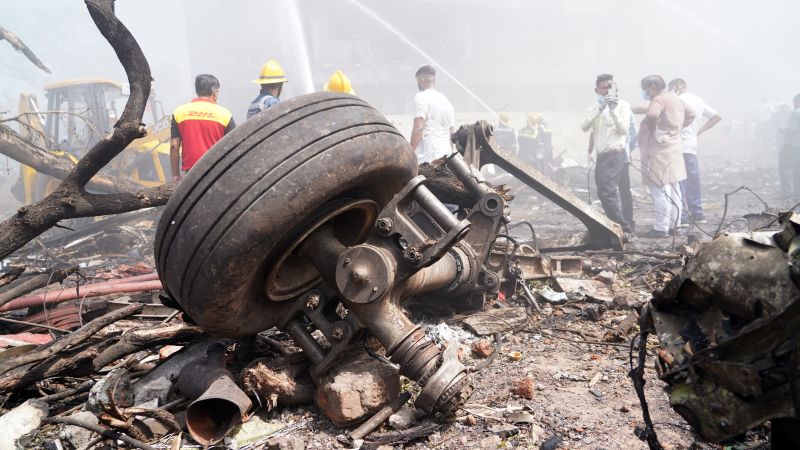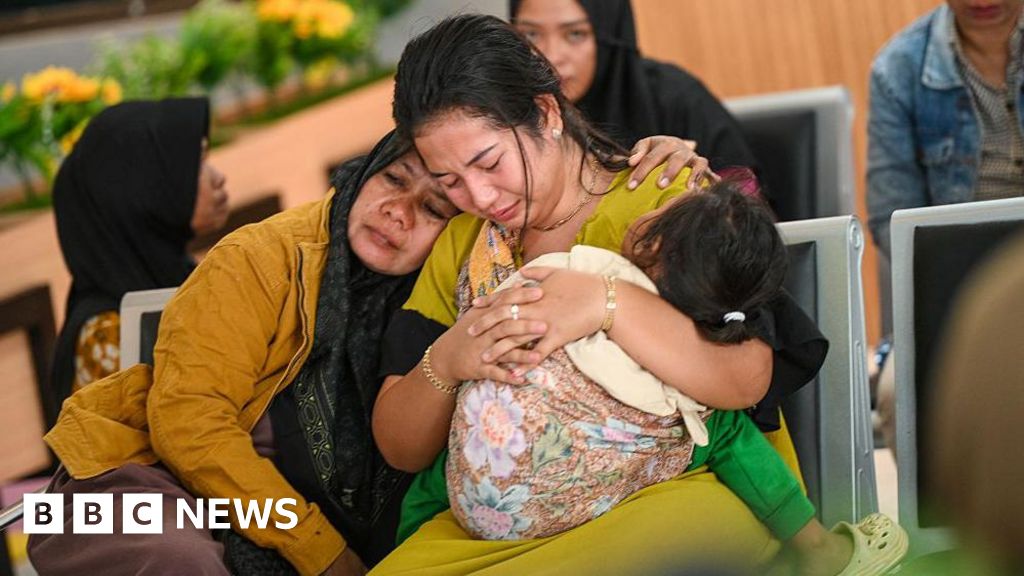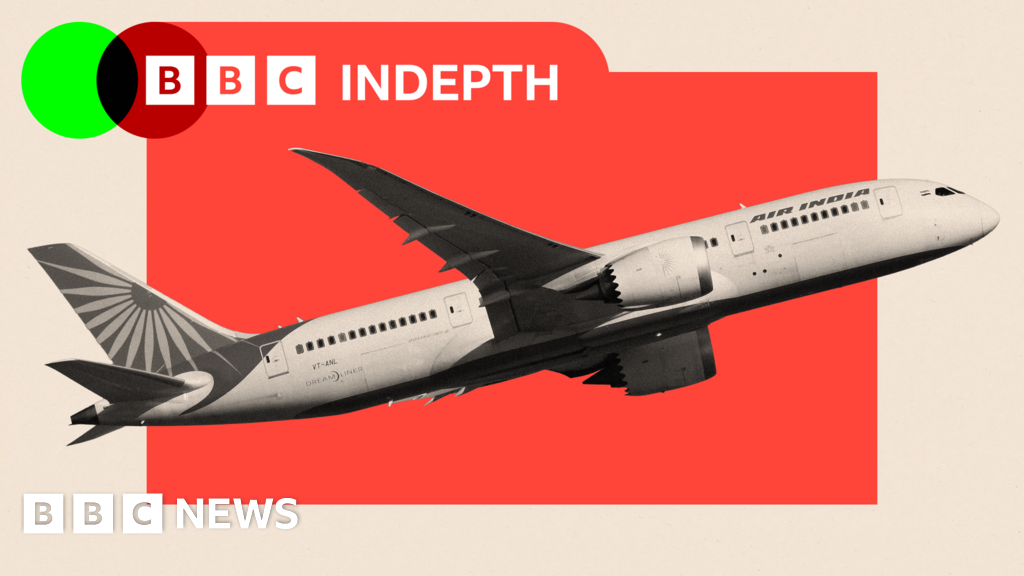Engine Fuel Supply Cut: A Preliminary Report on the Air India Jet Crash

Engine Fuel Supply Cut: A Preliminary Report on the Air India Jet Crash
In a shocking turn of events, India's Aircraft Accident Investigation bureau has released a preliminary report on the Air India flight that crashed in June. The report reveals that the fuel supply to the engines was cut off, leading to the tragic incident. This new information has raised questions about the safety protocols in place for airline operations. While the exact reason for the fuel supply being cut is still unknown, it is a reminder that even small errors can have catastrophic consequences in the aviation industry. The investigation is ongoing, and we can only hope that lessons will be learned to prevent such tragedies in the future.
About the Organizations Mentioned
India's Aircraft Accident Investigation Bureau
India's Aircraft Accident Investigation Bureau (AAIB) is a specialized statutory agency under the Ministry of Civil Aviation, established on July 30, 2012, to ensure independent and unbiased investigation of aircraft accidents and serious incidents within Indian airspace or involving Indian-registered aircraft[1][4]. Prior to AAIB's formation, the Directorate General of Civil Aviation (DGCA) conducted such investigations, but this dual role as regulator and investigator posed a conflict of interest, prompting the separation of these functions with AAIB's creation[2]. The AAIB operates under the Aircraft (Investigation of Accidents and Incidents) Rules, initially framed in 2012 and amended in 2017 and 2021, aligning with International Civil Aviation Organization (ICAO) Annex 13 standards[4]. It investigates accidents involving aircraft with an All Up Weight over 2,250 kg and turbojet aircraft, with a primary focus on safety improvement rather than fault or liability[1][3]. AAIB's investigative process includes immediate deployment of investigators to accident sites to collect perishable evidence such as black boxes (Cockpit Voice Recorder and Flight Data Recorder), wreckage, and witness statements[1][3][5]. It has unrestricted access to evidence from any agency without requiring prior governmental or judicial approval, ensuring timely and thorough investigations[1][4]. The bureau collaborates with technical experts and organizations like Hindustan Aeronautics Limited and DGCA laboratories for expert analysis[1]. After investigation, AAIB prepares comprehensive reports detailing findings and safety recommendations to relevant authorities such as DGCA, aircraft manufacturers, and international bodies, facilitating systemic safety improvements[1][2][3]. These reports are made publicly available with the Director General’s approval and shared with ICAO and affected states, reinforcing transparency and global aviation safety cooperation[2][4]. Key achievements of AAIB include enhancing aviation safety protocols in India through rigorous investigations and safety recommendations that have led to improved pilot training, regulatory change














